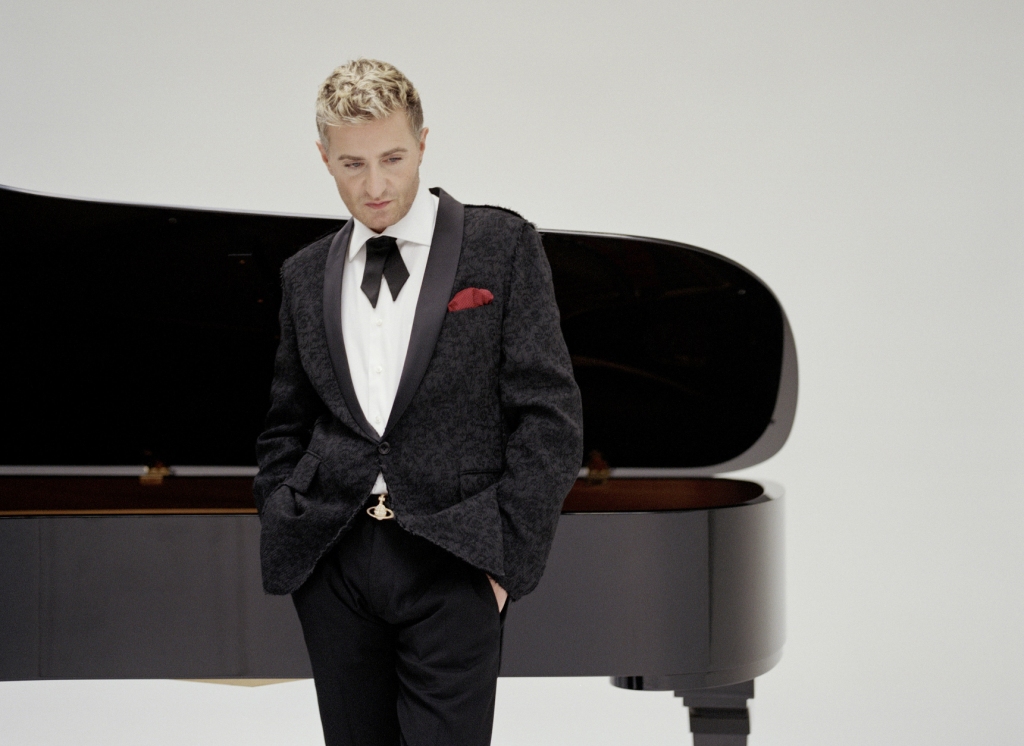Was looking forward to my first Jean-Yves Thibaudet last Wednesday at Carnegie Hall, but things got off to an unpromising start. A man who’d bought the orchestra seat next to mine arrived and barked, “Get that bag out of the way,” as if my briefcase and I had plotted some inconvenient coup. I take rudeness too personally, and made the unfortunate mistake of letting it slide. A preoccupation takes over; you tell yourself it’s the other person’s issue, not yours, but really it’s too late, for such invasions shift your equilibrium. And in this case, escape was futile: the peace-offender was sitting right next to me. For the first half of the evening they (his wife, Asian, possessing personality for two—from long-practiced necessity, no doubt) rattled their programs, shifted in their $82 seats, confirming my deep suspicions that often it’s the wrong people who have money. The thought crossed my mind that they were having too good a time, and when I began to conjure thoughts of an inconvenient accident that would lead to his demise, I thought, Oh boy, settle down. Clearly I’d need all my powers to take the high road tonight.
Monsieur Thibaudet made it easy. The cool blonde Frenchman didn’t disappoint with a program of Liszt that, with the exception of Isoldes Liebestod (oddly I recognized those strains, not from a Wagner encounter but Stanley Donen’s Funny Face), was mostly unfamiliar. The program was revelatory, from the meditative Consolations that opened the evening, to the Deux legends’ turbulent bass runs that reverberated like low thunder. The encores—from Brahms to Cherasky—were also standouts, with Ravel’s Apollonaire providing an especially moving coda for the night.
By then I’d forgotten the white-haired pinhead sitting next to me—ah, the power of art.

